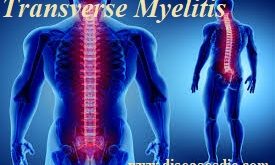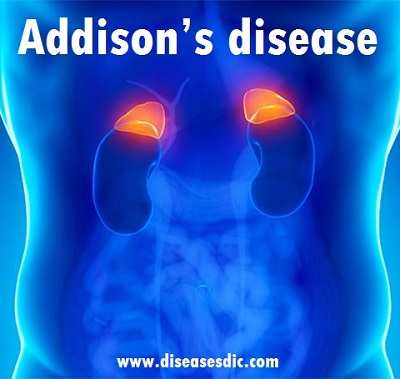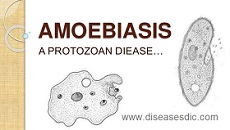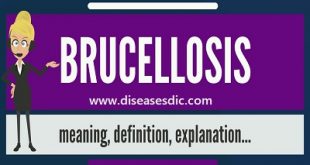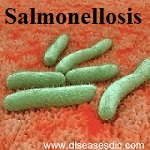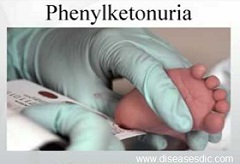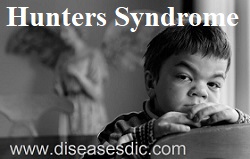Definition Transverse myelitis (TM) is a neurological condition that happens when both sides of the same section of the spinal cord become inflamed. This inflammation can damage myelin, the fatty substance that covers your nerves. Loss of myelin often leads to spinal cord scarring that blocks nerve impulses and results …
Read More »Addison’s Disease – Causes, Prevention, and Treatment.
Definition Addison’s disease occurs when the adrenal cortex is damaged, and the adrenal glands don’t produce enough of the steroid hormones cortisol and aldosterone. The adrenal glands are triangular in shape, roughly up to three inches (7.6 cm) by one inch (2.5 cm) in size, and one gland sits on …
Read More »Amoebiasis – Definition, Manifestations and Treatment.
Definition Amoebiasis is a condition in which your gut (intestines) becomes infected with the parasite E. histolytica. Entamoebae are a group of single-celled parasites (living things that live in, or on, other living organisms) that can infect both humans and some animals. There are at least six species of entamoeba …
Read More »Brucellosis – Symptoms, Treatment and Prevention.
Definition Brucellosis is an infectious disease caused by a type of bacteria called Brucella. The bacteria can spread from animals to humans. There are several different strains of Brucella bacteria. Some types are seen in cows. Others occur in dogs, pigs, sheep, goats, and camels. Recently, scientists have seen new …
Read More »Plague: Definition, Manifestations and Treatment.
Definition Plague is an infectious disease caused by bacteria called Yersinia pestis. These bacteria are found mainly in rodents, particularly rats, and in the fleas that feed on them. Other animals and humans usually contract the bacteria from rodent or flea bites. SEM image of Yersinia pestis History Historically, it …
Read More »Salmonellosis – Causes, Symptoms, and Prevention.
Definition Salmonella infection (salmonellosis) is a common bacterial disease that affects the intestinal tract. Salmonella bacteria typically live in animal and human intestines and are shed through feces. Humans become infected most frequently through contaminated water or food. Types Salmonella is divided into two groups: Typhoidal Salmonella, which is …
Read More »Phenylketonuria (PKU) – Causes, Treatment and Prevention.
Definition Phenylketonuria (PKU) is a rare, but potentially serious, inherited disorder. Our bodies break down protein in foods like meat and fish into amino acids, which are the “building blocks” of protein. These amino acids are then used to make our own proteins. Any amino acids that aren’t needed are …
Read More »Hunters Syndrome – Risk factors, Causes, and Treatment.
Definition Hunters syndrome is a very rare, inherited genetic disorder caused by a missing or malfunctioning enzyme. In Hunter syndrome, the body doesn’t have enough of the enzyme iduronate 2-sulfatase. This enzyme’s job is to break down certain complex molecules, and without enough of this enzyme, the molecules build up …
Read More » Diseases Treatments Dictionary This is complete solution to read all diseases treatments Which covers Prevention, Causes, Symptoms, Medical Terms, Drugs, Prescription, Natural Remedies with cures and Treatments. Most of the common diseases were listed in names, split with categories.
Diseases Treatments Dictionary This is complete solution to read all diseases treatments Which covers Prevention, Causes, Symptoms, Medical Terms, Drugs, Prescription, Natural Remedies with cures and Treatments. Most of the common diseases were listed in names, split with categories.
